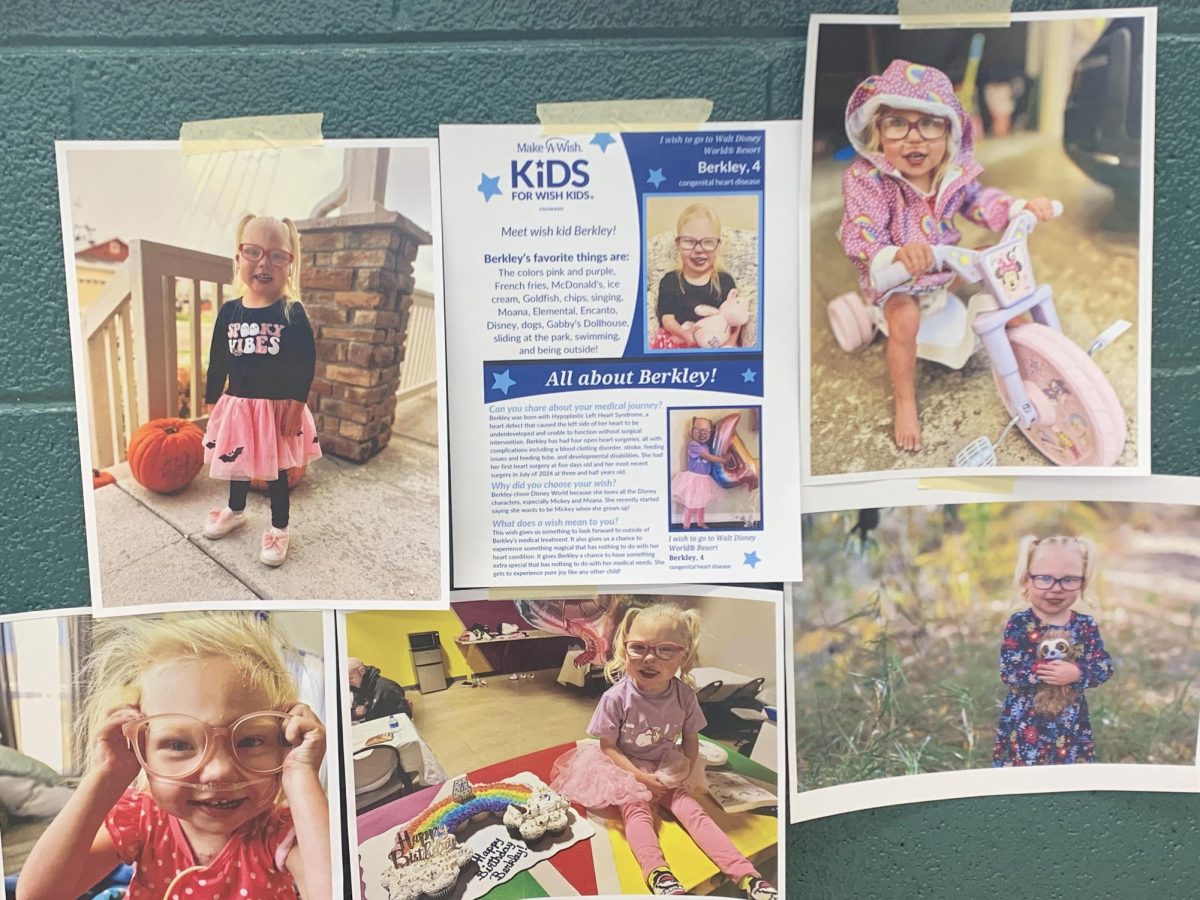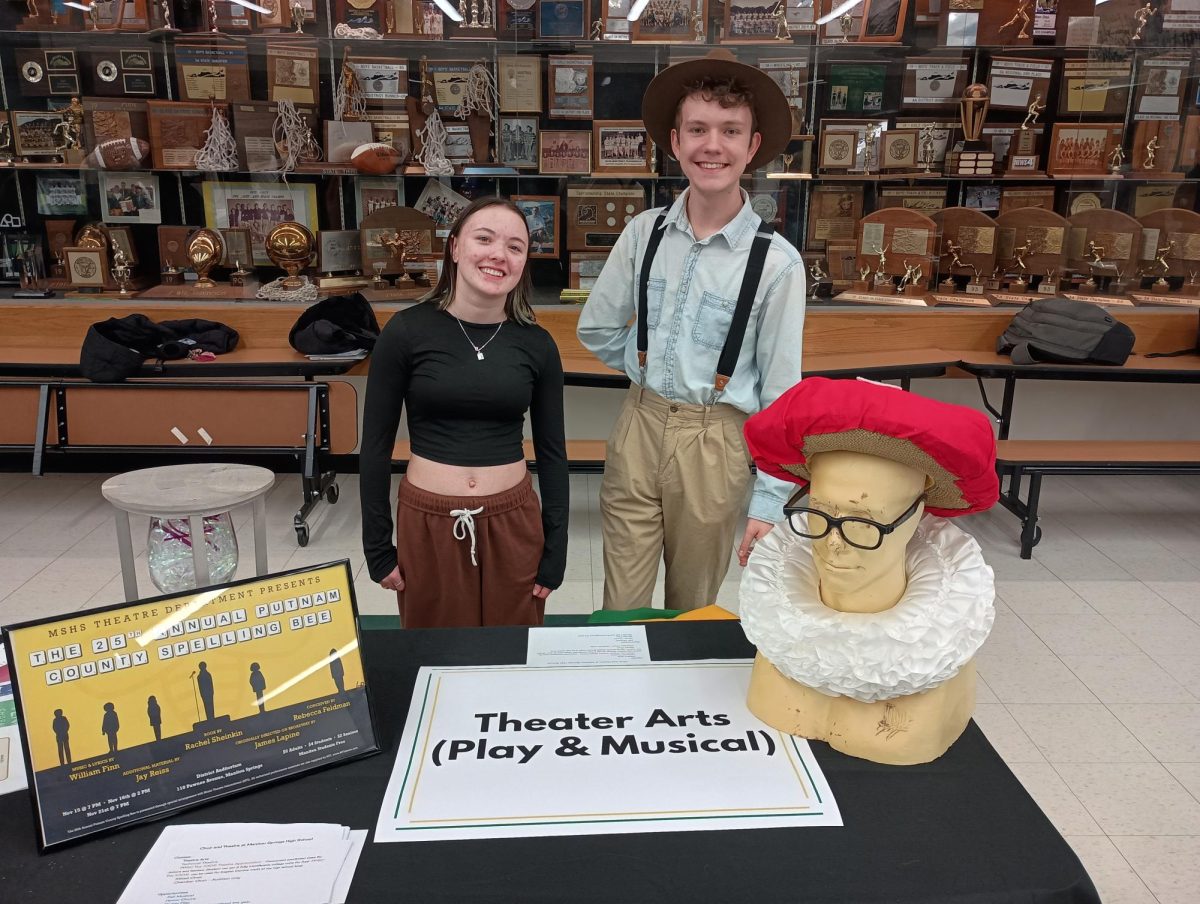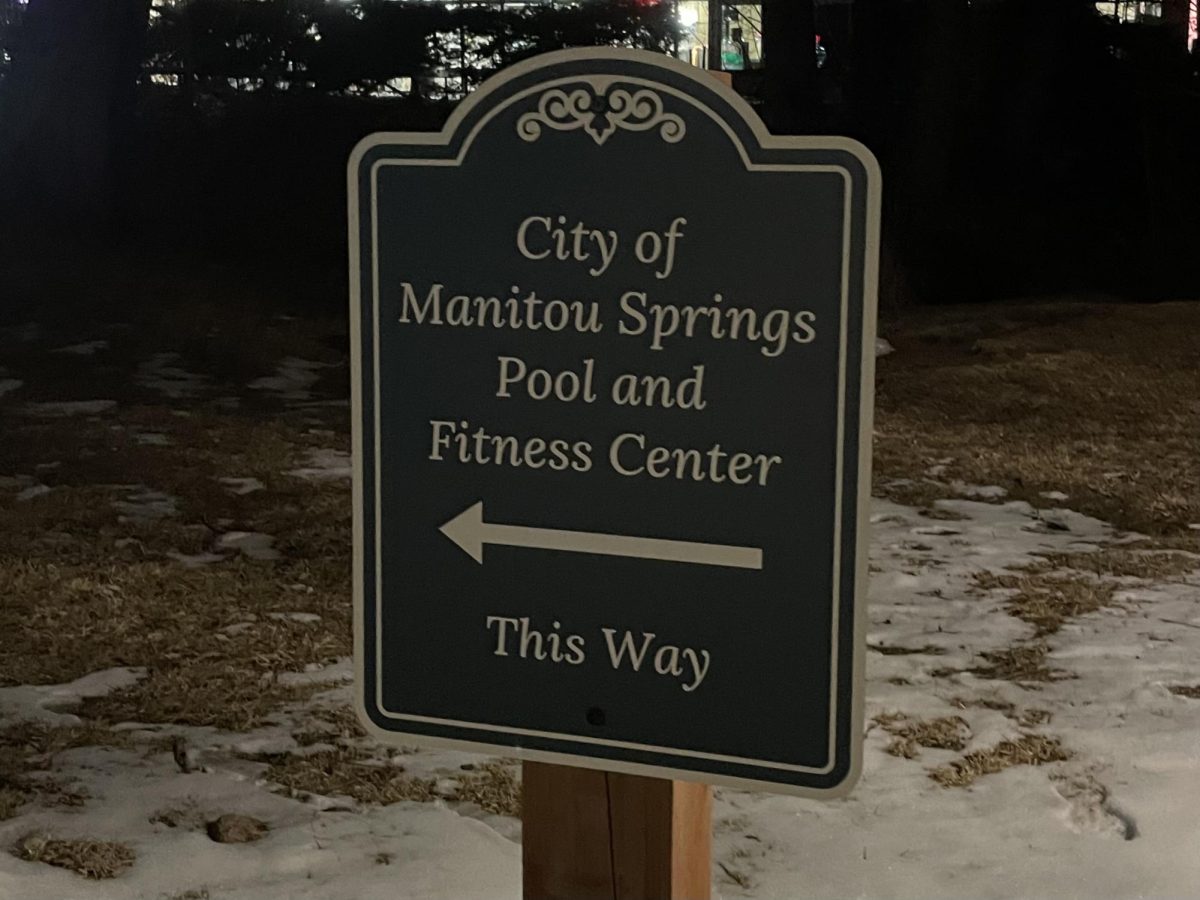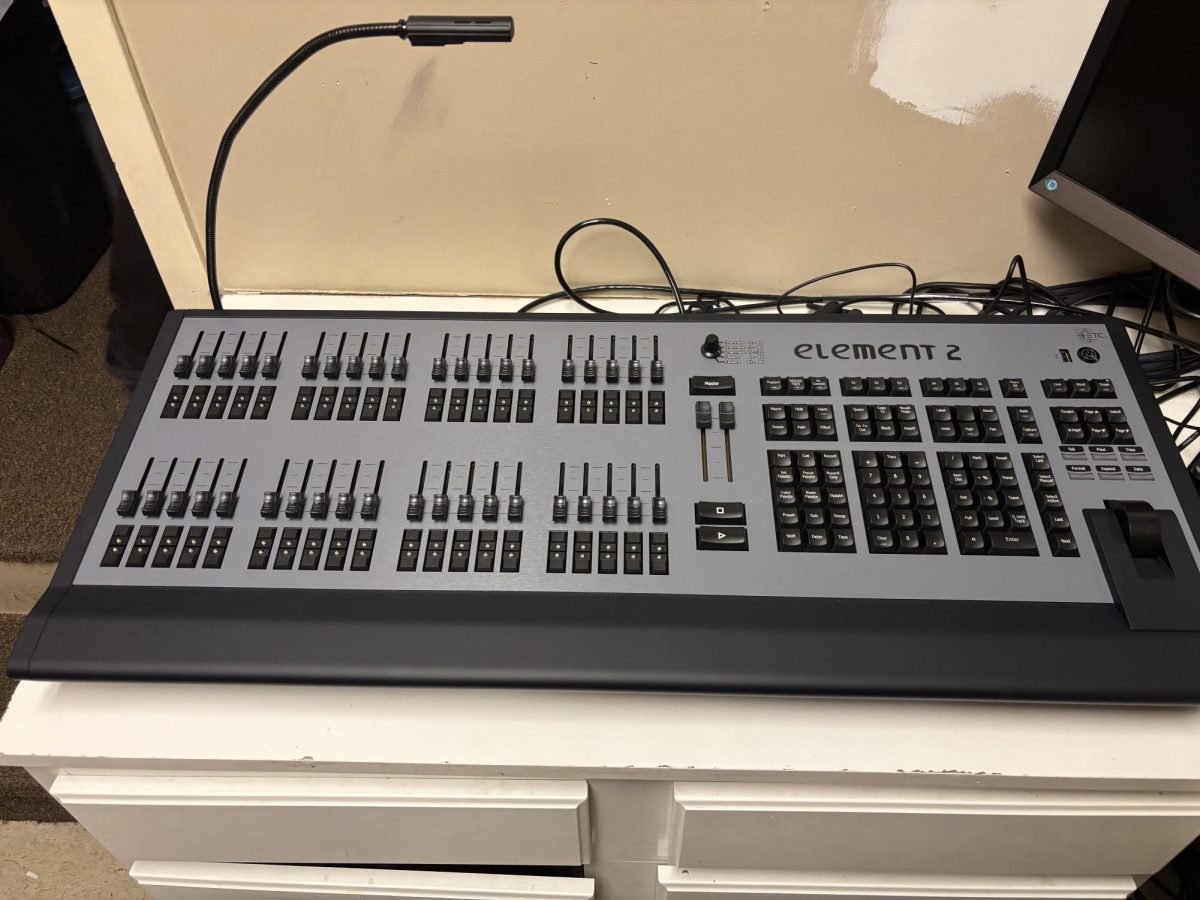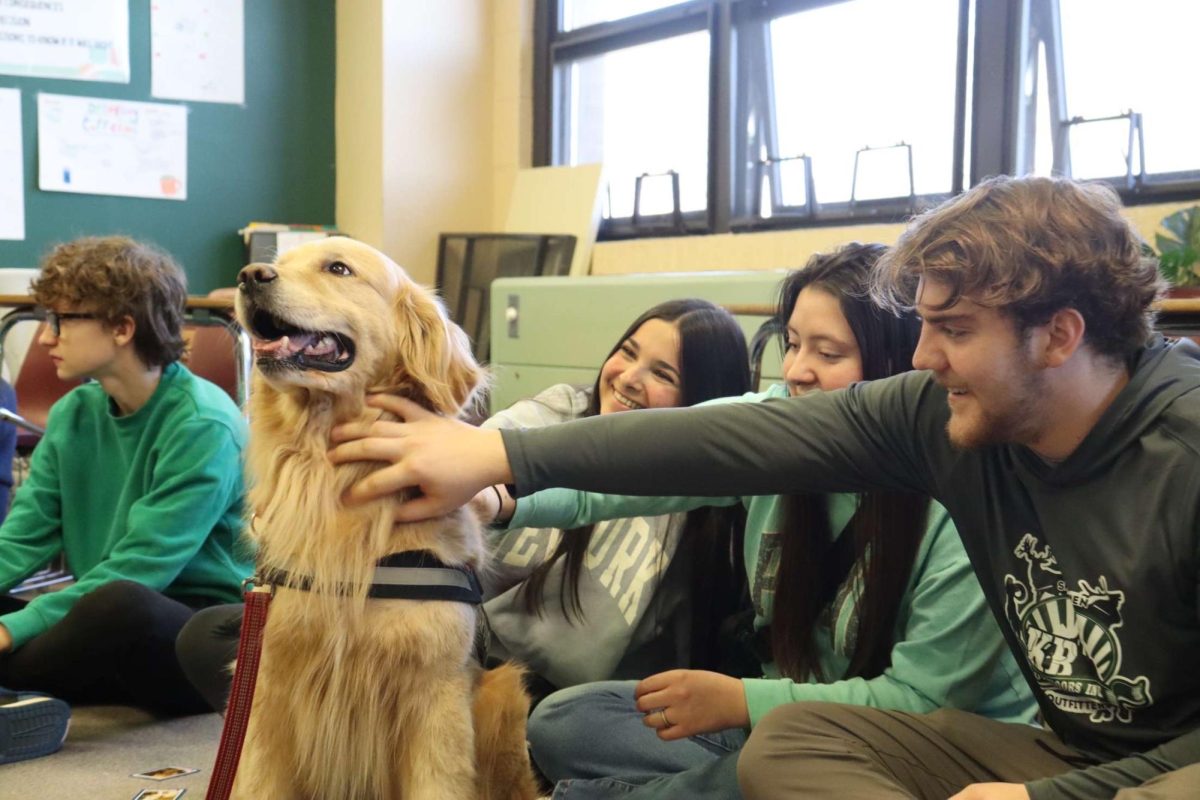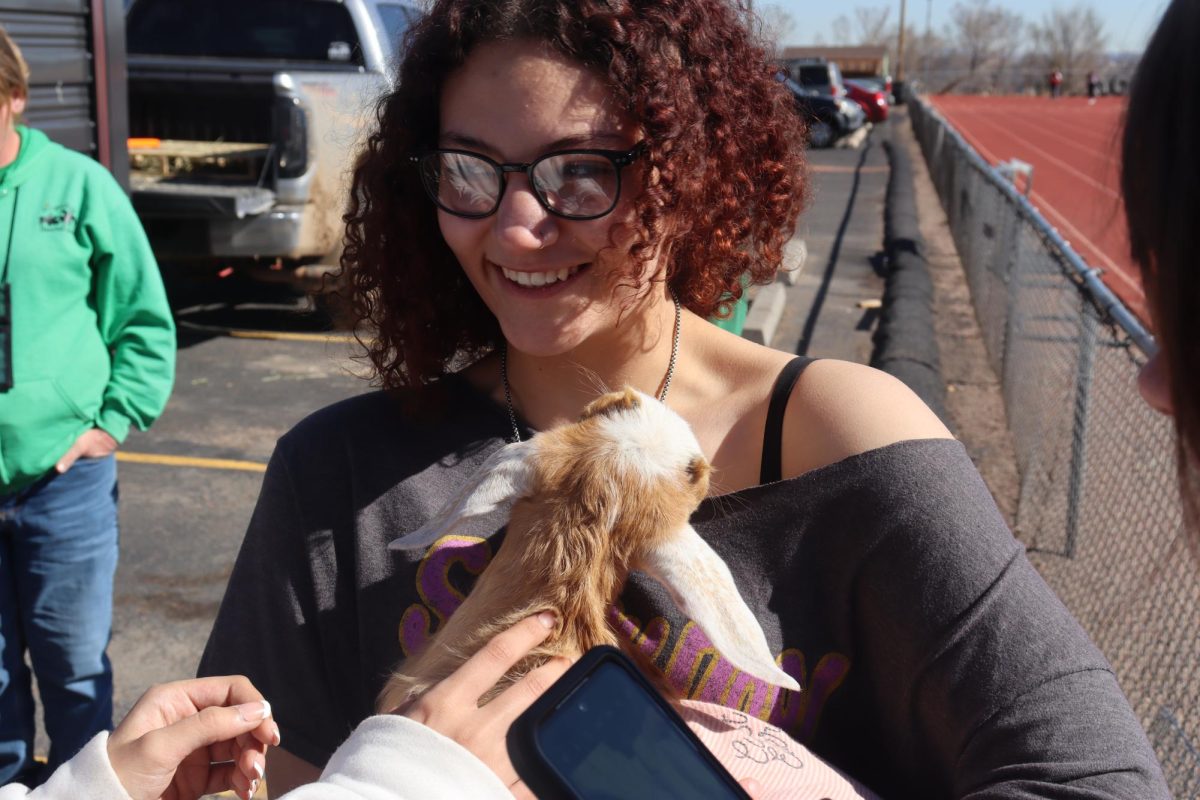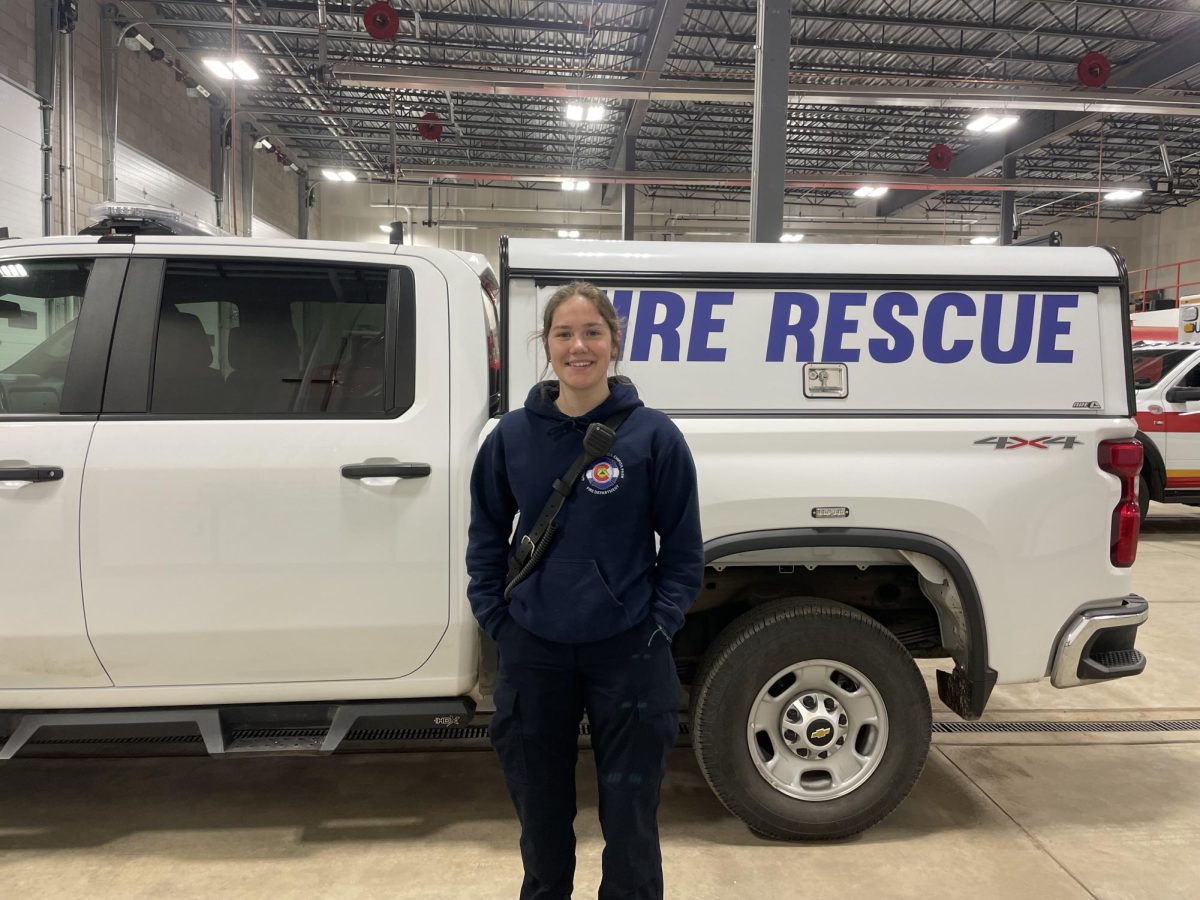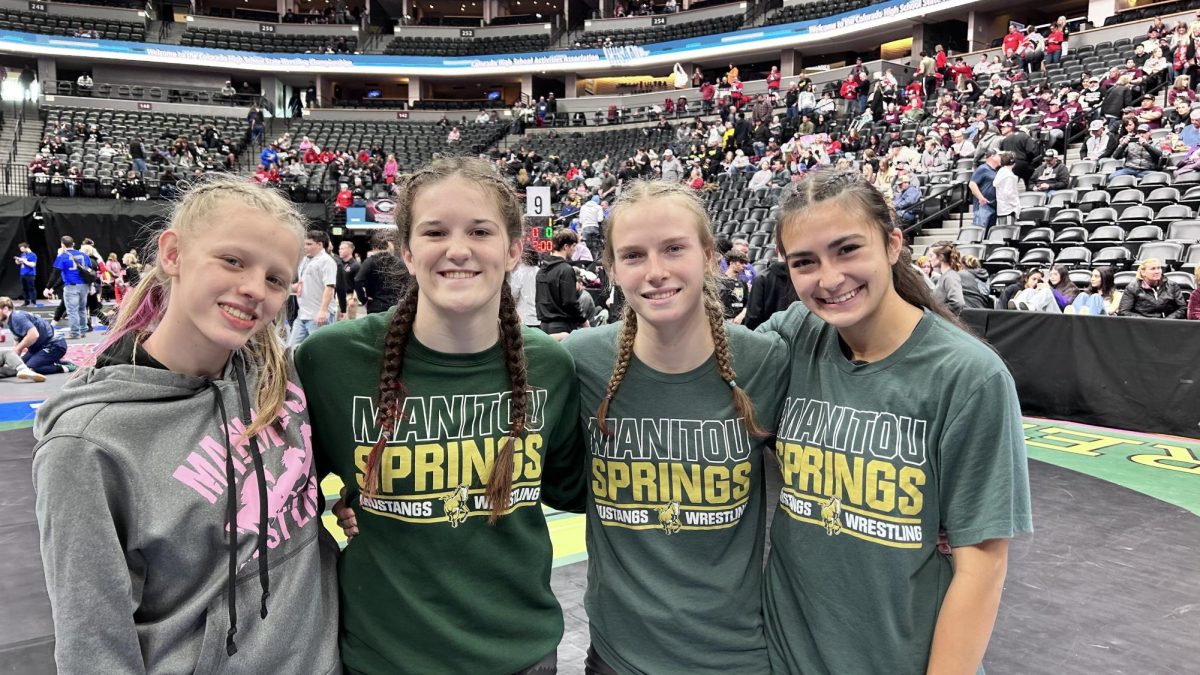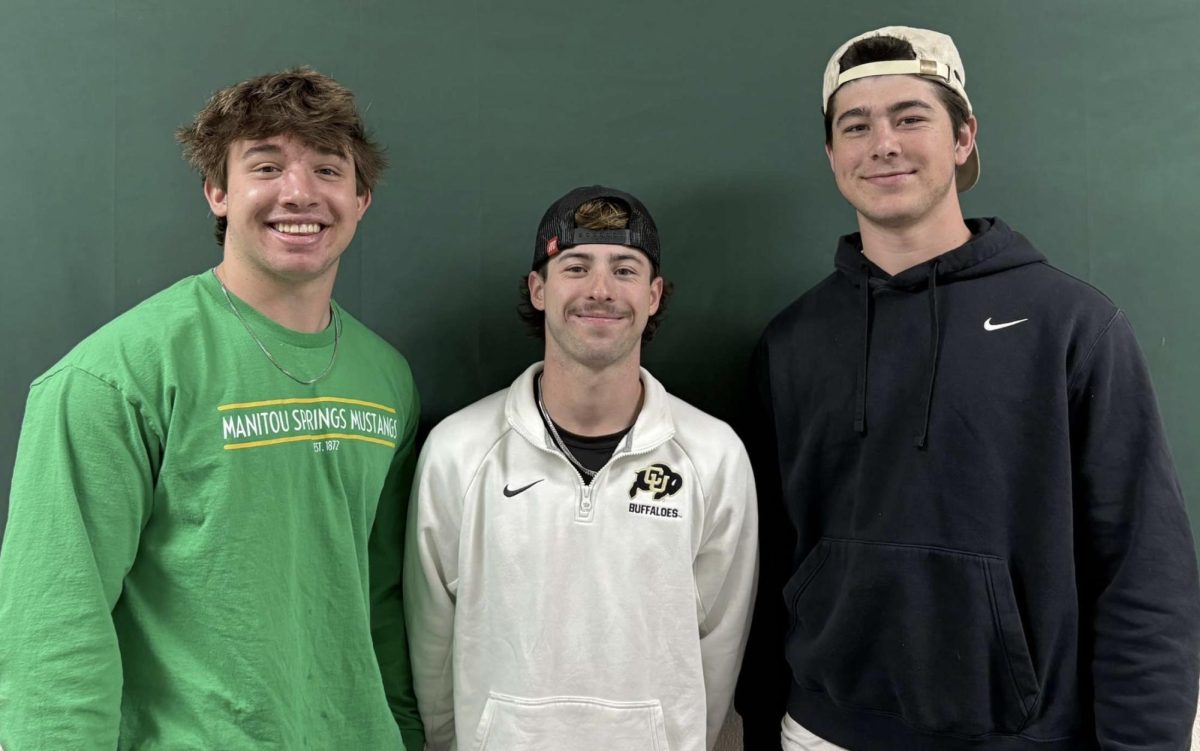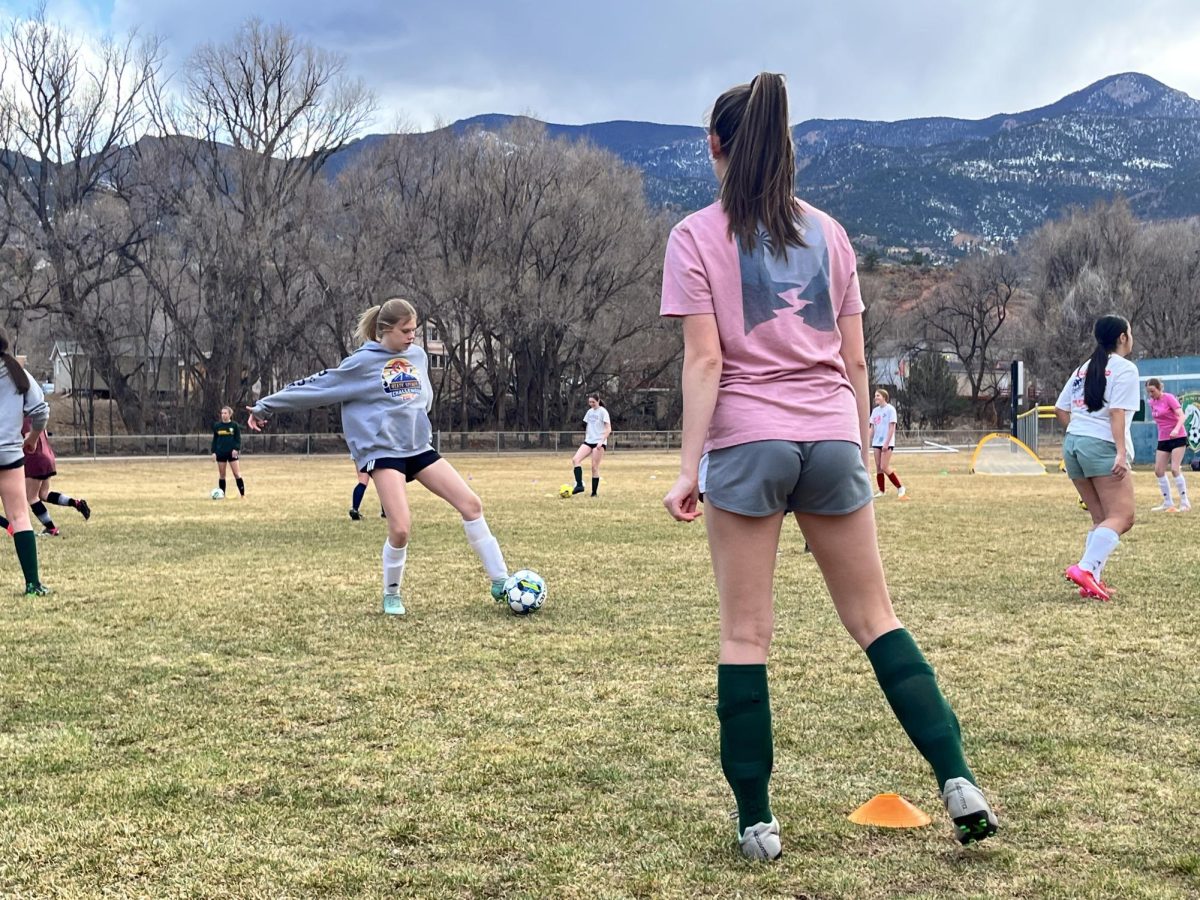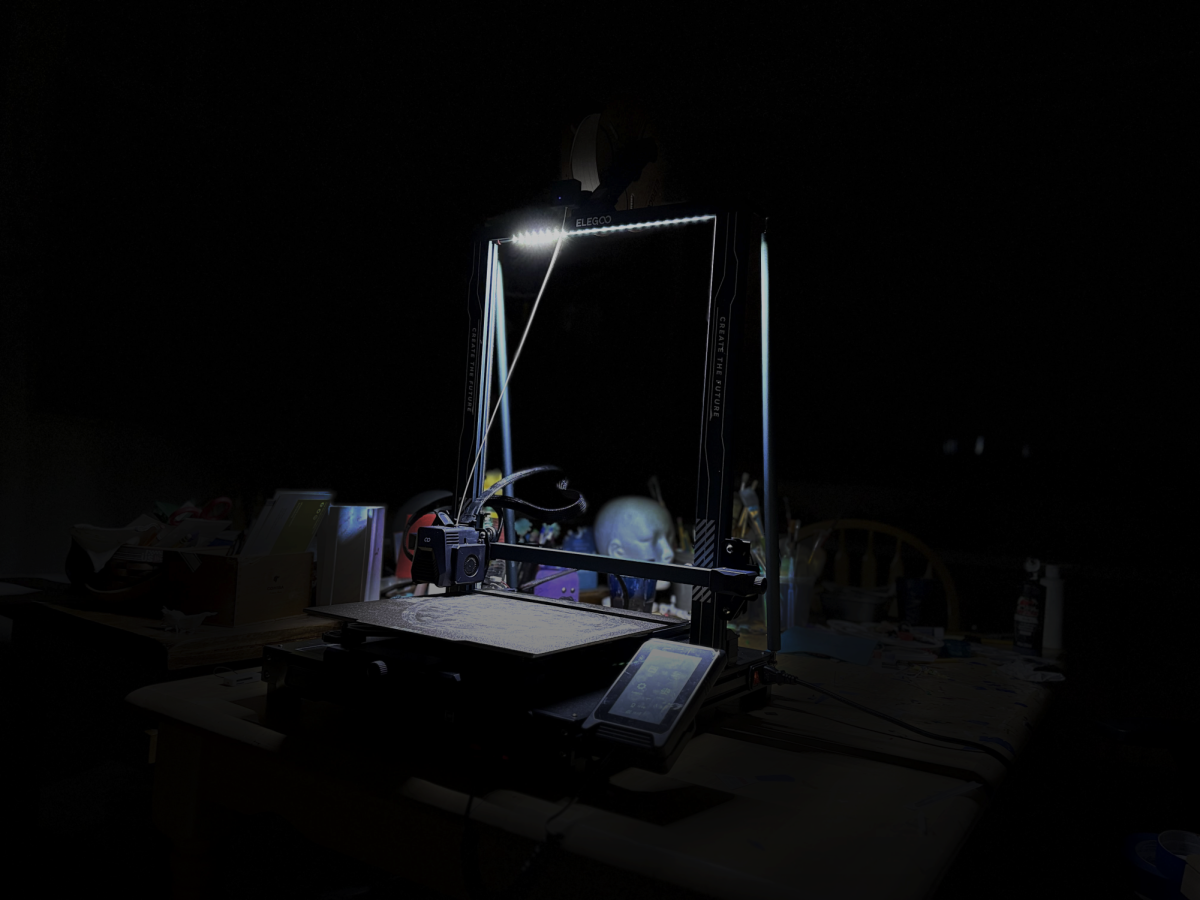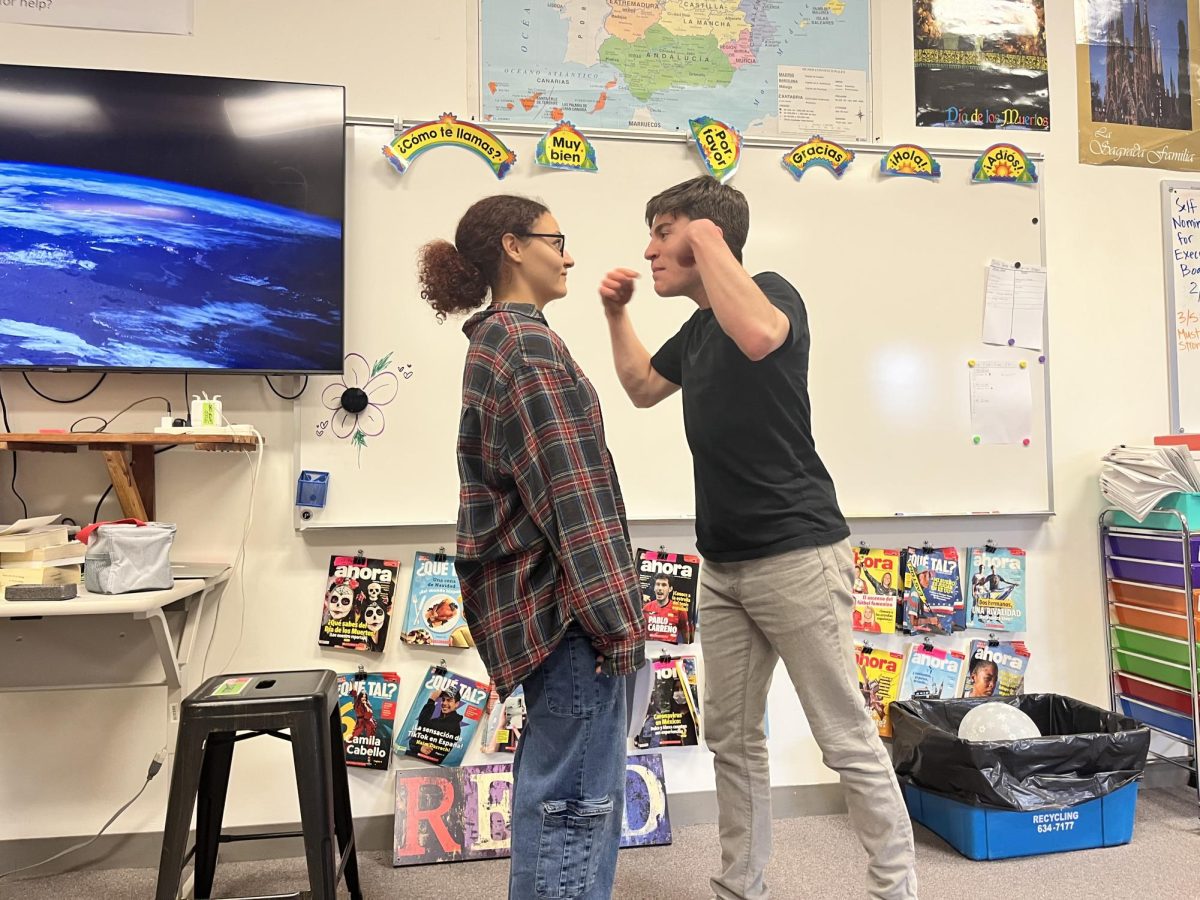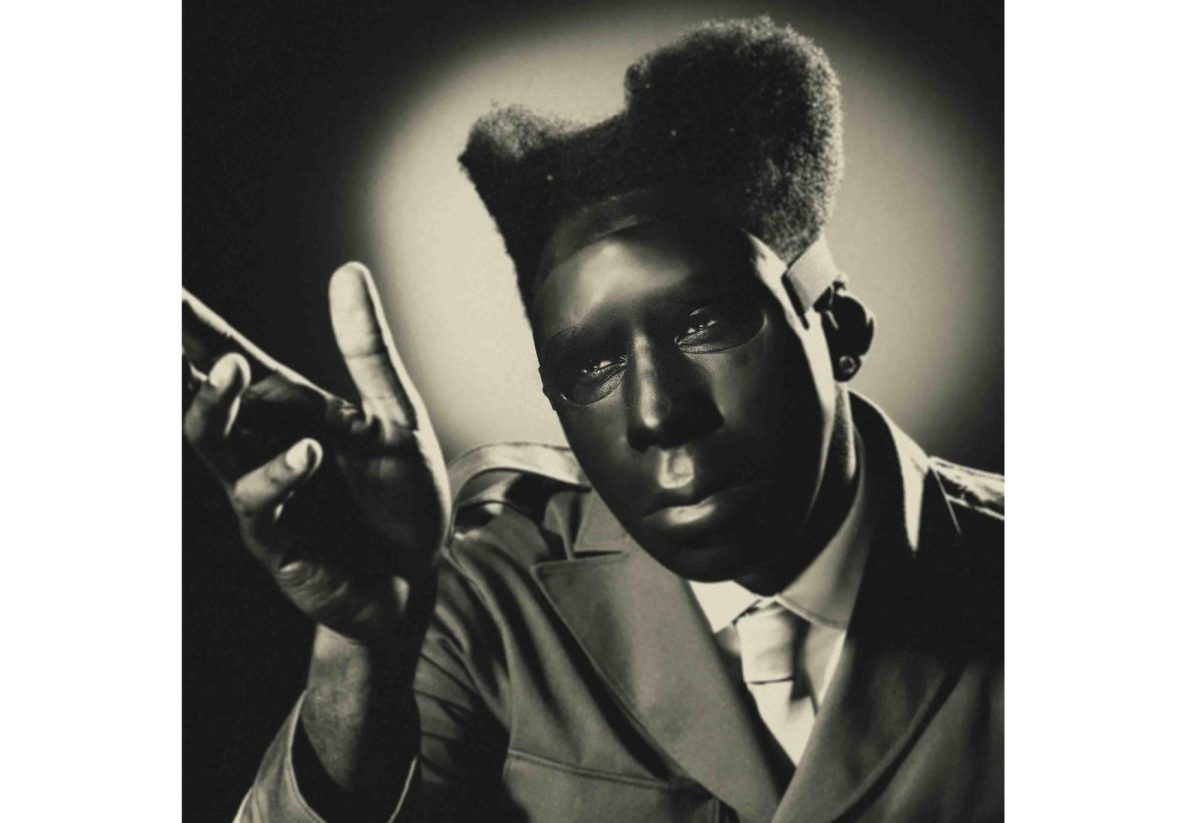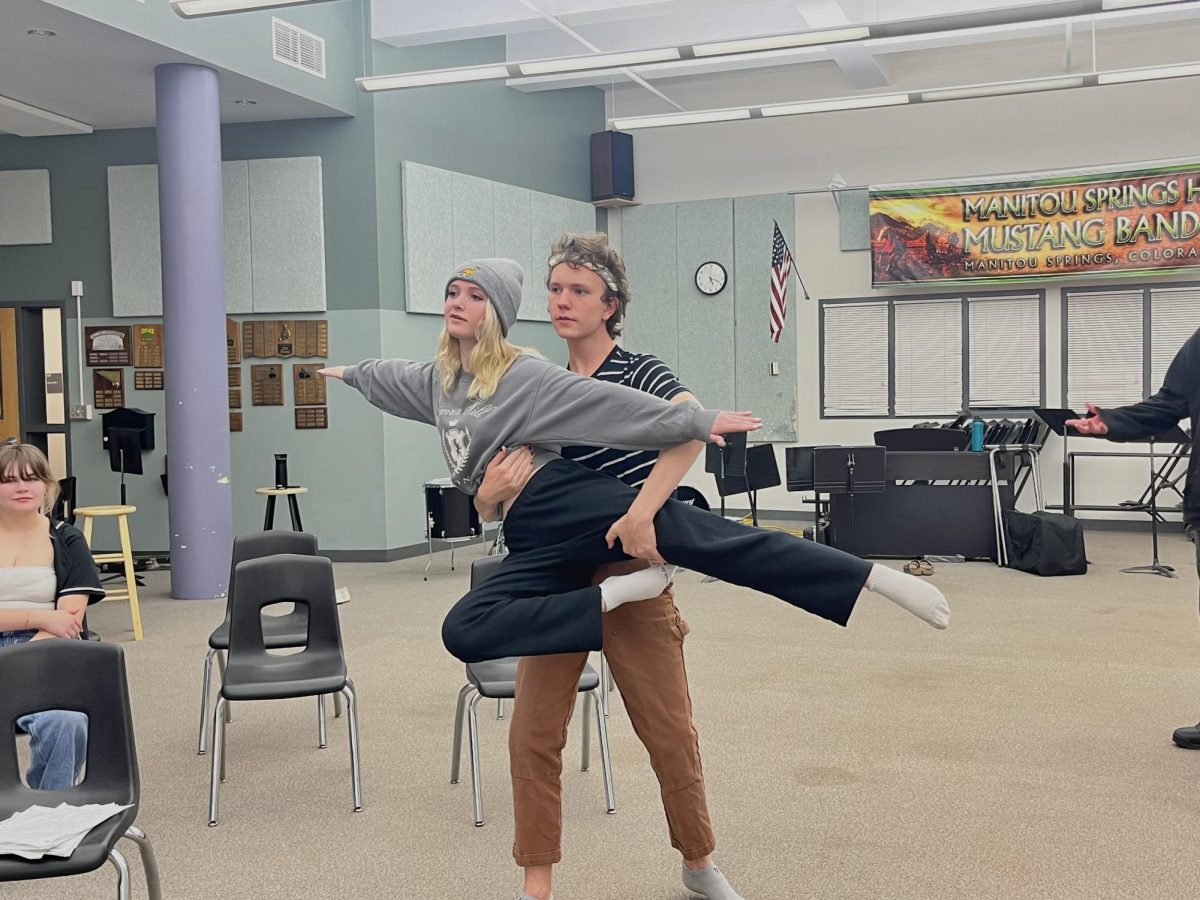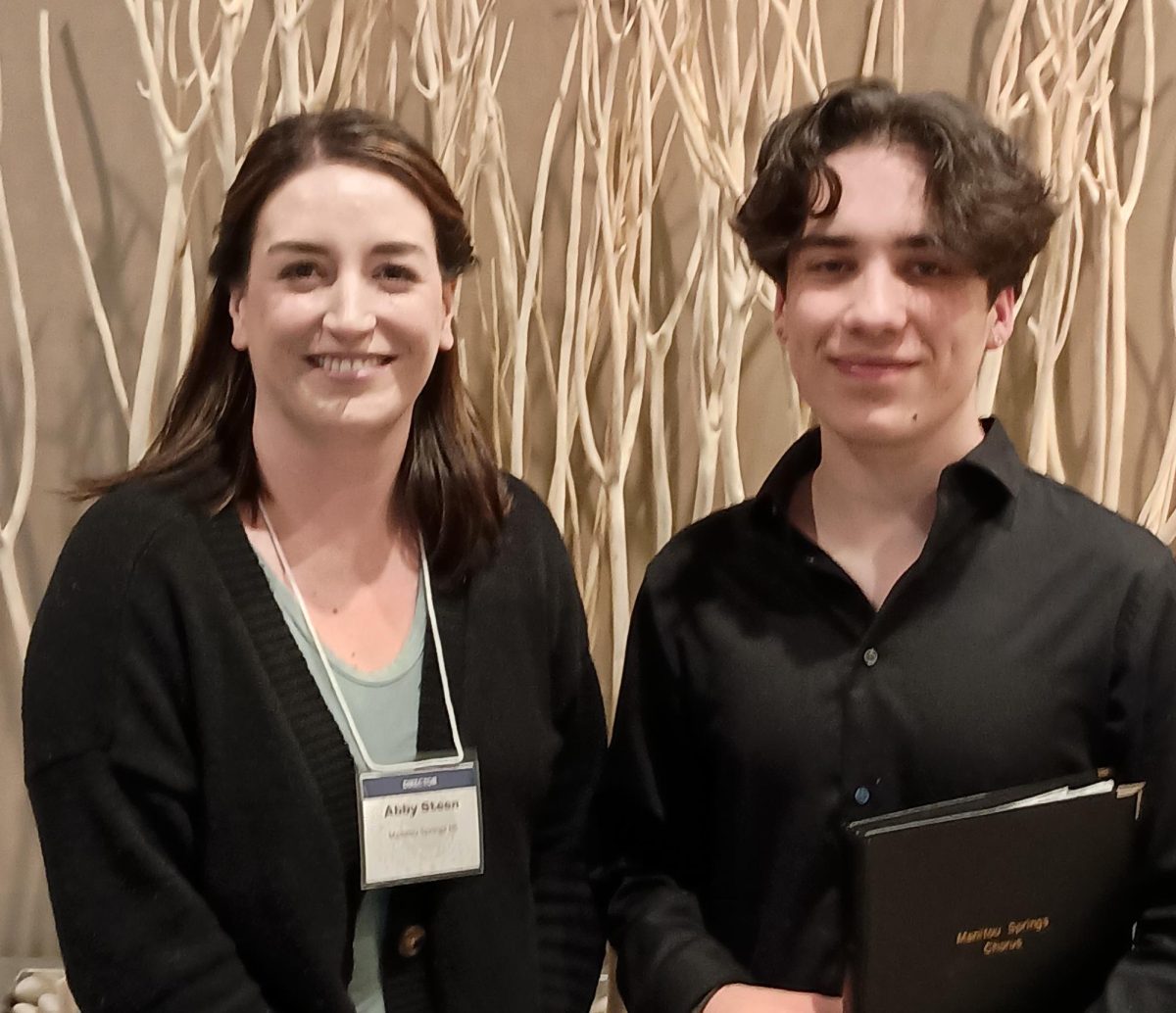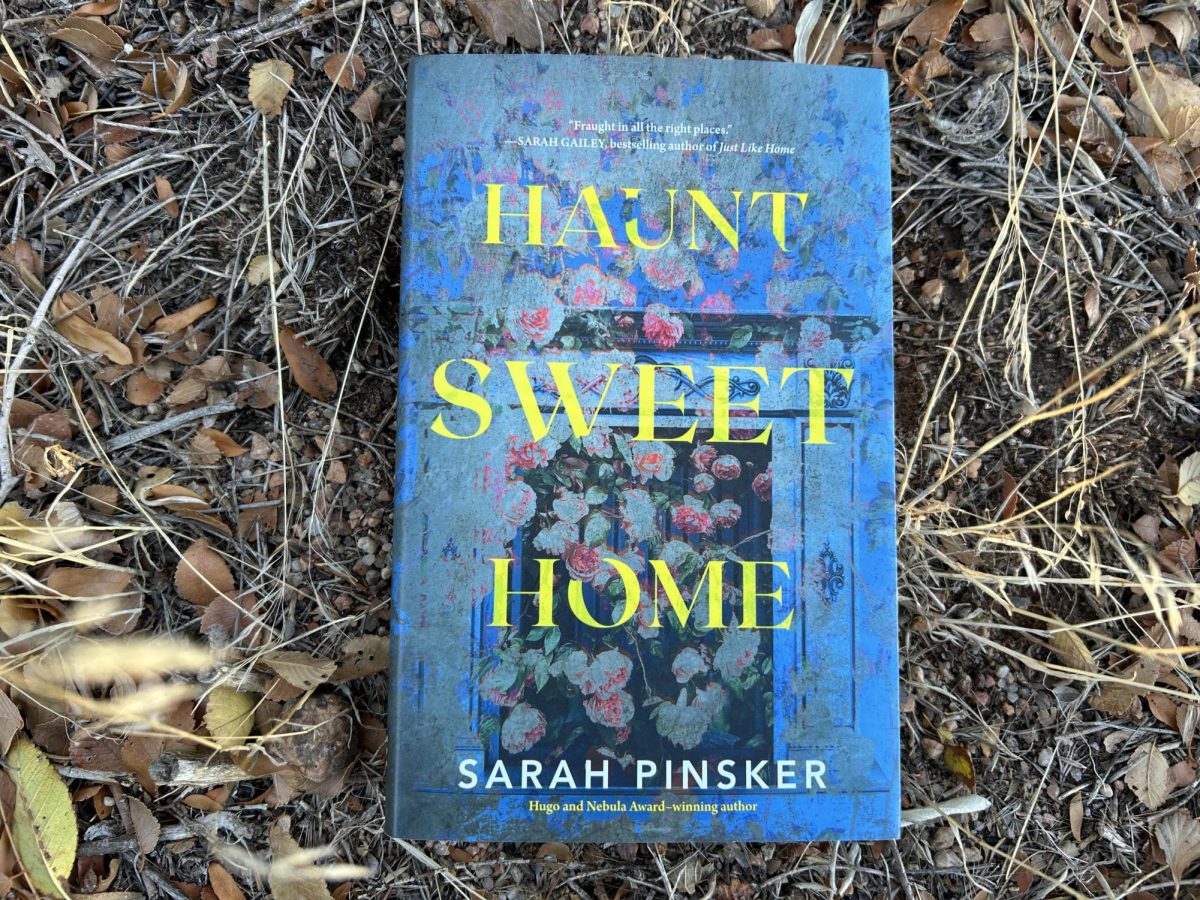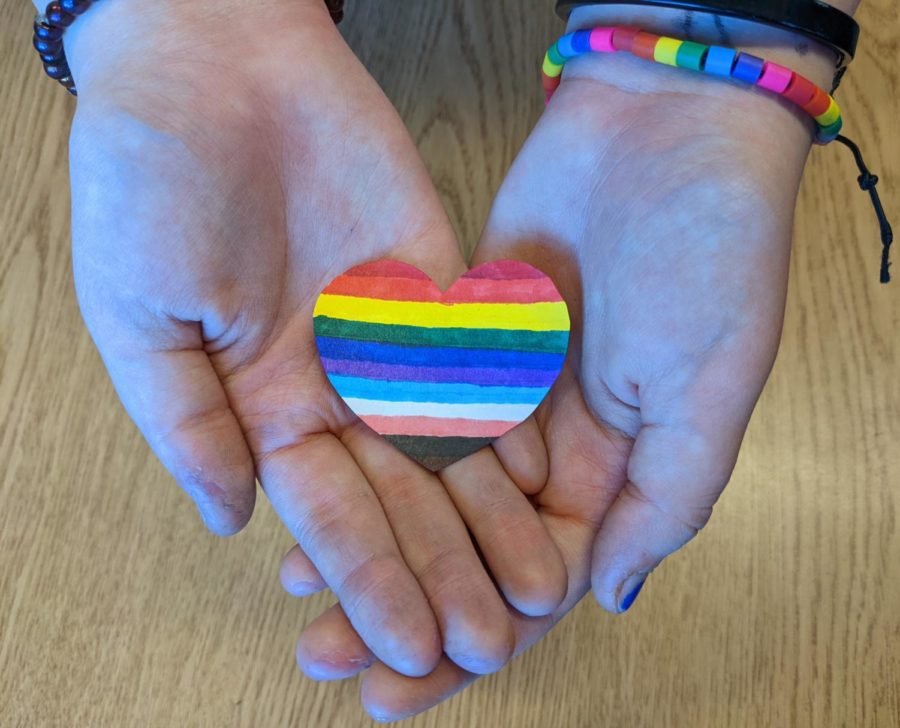Nebraska Student Newspaper Shutdown Raises Questions on Press Freedom
Gay Straight Trans Alliance Vice President, Ari Clark, holds a rainbow heart in their hand as a symbol of support for the LGBTQ+ community.
October 4, 2022
On May 19, the staff of Northwest Public High School’s Saga in Nebraska were informed of the immediate shutdown of their award winning school newspaper.
The shutdown was served 3 days after the publication of their last issue, which had brought focus to LGBTQ+ history, such as the origins of Pride Month.
This was not the first time the Saga newspaper had faced backlash from school administration on their LGBTQ+ expression. Just a month before the silencing of their newspaper, the staff of the Saga were informed of a new ban on the publishing of preferred names and pronouns of students, going as far as to replace a transgender student’s name with their birthname on the byline of an article.
While the shutdown of the Saga prompted attention from several media groups, student journalists across the country are fearful of being censored in a similar way.
“I feel like it describes who you are, and in a way represents you. And you should have a choice of what to go by,” Tori Hall said. “I see myself as Tori, not Victoria. Because that’s not who I am. And so to have your newspaper shut down is insane.”
Students aren’t the only ones concerned about their freedom of self expression, teachers have also expressed issues with this censorship.
“It’s crucial that teachers in that domain allow for that self expression. Writing is a reflective art so you’re learning who you are through your words, how you want to present yourself to the world,” Jessica Moen, English teacher said. “The basic human emotional needs include the sensation of being loved, the belief that you belong, and the knowledge that your voice matters. As a human need it is vital that you are able to express your authentic self and be accepted and feel like you belong because of it. ”
Colorado youth journalists are protected from such censorship, other states such as Nebraska are not. Student expression is not only a tool for students to feel included and safe, but it is also a way for communities to learn from their youth speakers and writers. “Everybody needs to feel heard and respected, so students talking about their concerns to a newspaper helps those students and the community learns about those students,” Rhonda Van Pelt, Editor of the Pikes Peak Bulletin in Manitou Springs said.
As far as students in Colorado should be concerned, their expression is protected. There are always discrepancies in what should be protected or censored, but Colorado law is in place to protect students where needed.
In 1990, Colorado saw the passing of the Colorado Student Free Expression Law, a law protecting student expression from administrative censorship in K-12 schools. This includes protecting students from censorship on things like the history of pride month, but does not include writing that could be considered obscene, libelous, violent or against school regulations. Nebraska does not have a law like this, so student journalism in Nebraska is less protected against censorship.
“I believe all schools should be safe spaces for everybody,” Seth Mitchell, president of Manitou’s Gay Straight Trans Alliance (GSTA) said. “I think it’s important to have it in school for people who haven’t come out to their parents, or aren’t comfortable telling their parents or guardians.”

